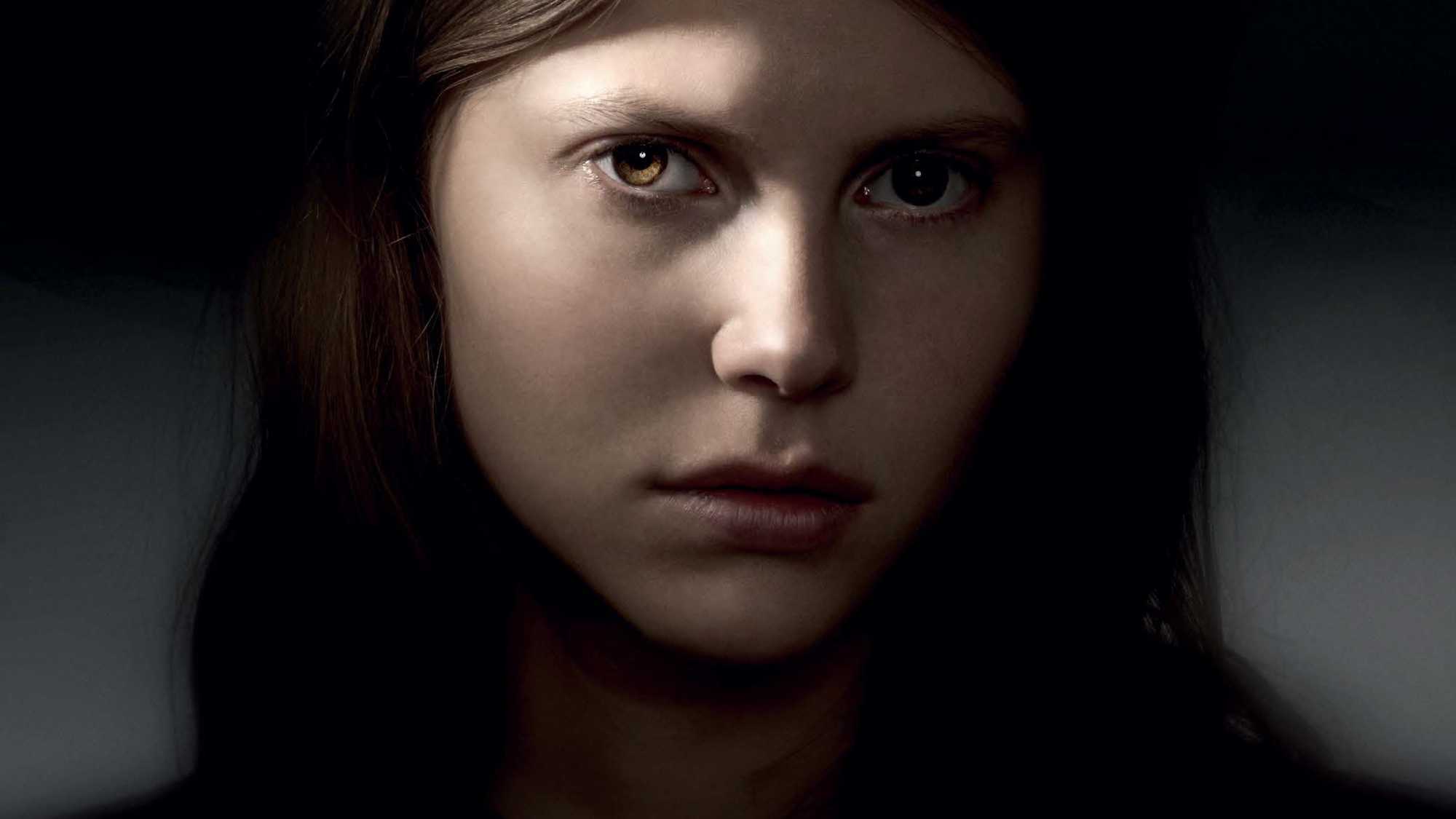The sexual awakening of a young woman raised according to fundamentalist religious beliefs arouses telekinetic powers in this seductive hybrid of psychological thriller and supernatural frisson from Norway’s Joachim Trier.

An ominous, unnerving, and strangely powerful thriller about the most devious of human desires.
Screened as part of NZIFF 2018
Thelma 2017
“Brian De Palma’s Carrie echoes through this Norwegian psychological thriller, which is subtler and more daring than its model. An insecure college freshman in Oslo (Eili Harboe), adjusting to life in the big city without her smothering parents (Henrik Rafaelsen, Ellen Dorrit Petersen), falls for another coed and begins suffering terrible seizures. Her doctors rule out epilepsy in favor of a psychogenic illness, but before long the young woman begins to develop telekinetic powers. Director Joachim Trier links supernatural horror to repressed memories, raging hormones, and fundamentalist zealotry, crafting a sexy and unsettling brain-teaser.” — Andrea Gronvall, Chicago Reader
“It’s a coming-of-age story rooted in the tradition of the European art film, but it flirts heavily with the horror genre. It’s also a romance, a psychological thriller, a liberation story and a whodunit (and why). Mostly, and most satisfyingly, it plays with the female Gothic, those unnerving tales – churning with desires and dread, and quivering with anxiety and suspicion – in which women are at once the victims and agents of change.” — Manohla Dargis, NY Times